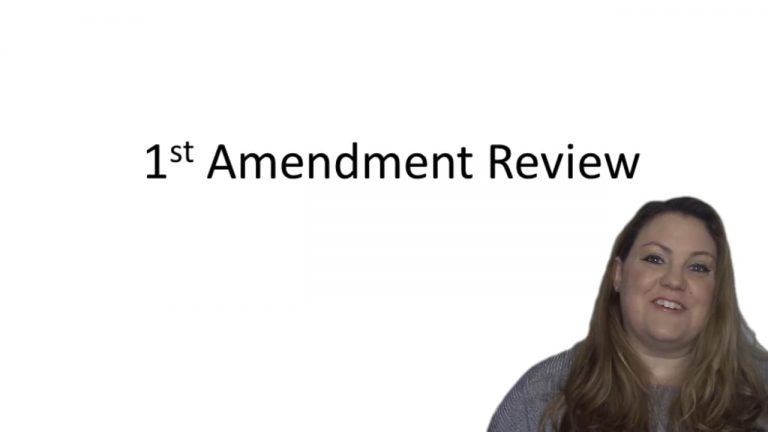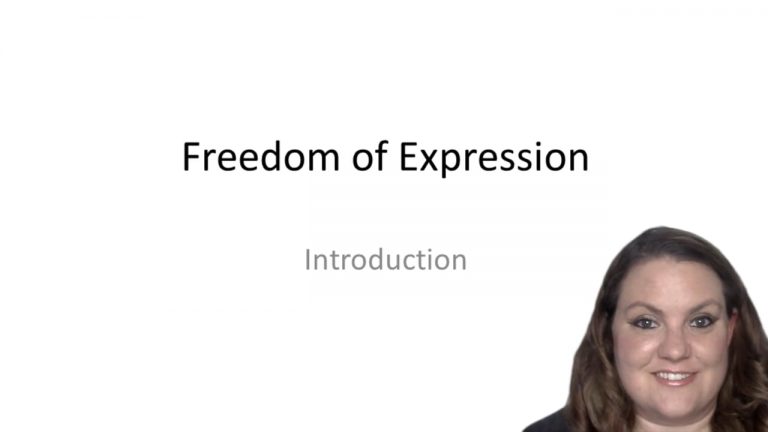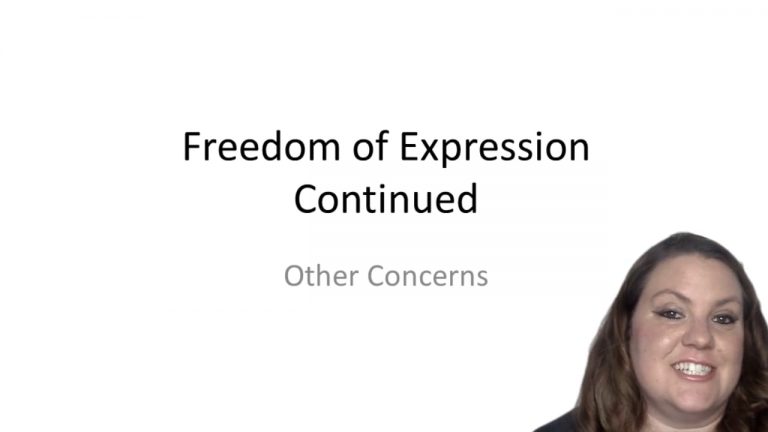SmartBrief
Confirm favorite deletion?
Constitutional Law Keyed to Farber
Citizens United v. Federal Election Commission
Citation:
Citizens United v. Federal Election Commission, 558 U.S. 310, 130 S.Ct. 876, 175 L.Ed.2d 753 (2010)
InstructorMatthew Steinberg
CaseCast™ – "What you need to know"
Facts
The Bipartisan Campaign Reform Act of 2002 prohibits corporations fro using their general treasury funds to make independent expenditures for speech defined as “electioneering communication” or that for which explicitly advocates for the election or defeat of a candidate. Citizens United produced a 90 minute video essentially urging voters not to vote for Hillary Clinton.
The Court upheld limitations on “electioneering communication” in McConnell v. Federal Election Commission (2003). This holding cited Austin v. Michigan Chamber of Commerce (1990) which held that political speech may be banned based on the speaker’s corporate identity. The Supreme Court reconsidered these rulings in light of the present case and Section 441b of the BRCA which issues an outright ban, backed by criminal sanctions, on corporations and/or nonprofits to expressly advocate the election or defeat of candidate or to broadcast electioneering communications within 30 days of a primary election and 60 days of a general election. This ban exists notwithstanding the fact that a Political Action Committee created by a corporation can engage in that type of speech.
Only StudyBuddy Pro offers the complete Case Brief Anatomy*
Access the most important case brief elements for optimal case understanding.
*Case Brief Anatomy includes: Brief Prologue, Complete Case Brief, Brief Epilogue
- The Brief Prologue provides necessary case brief introductory information and includes:
Topic:
Identifies the topic of law and where this case fits within your course outline.Parties:
Identifies the cast of characters involved in the case.Procedural Posture & History:
Shares the case history with how lower courts have ruled on the matter.Case Key Terms, Acts, Doctrines, etc.:
A case specific Legal Term Dictionary.Case Doctrines, Acts, Statutes, Amendments and Treatises:
Identifies and Defines Legal Authority used in this case.
- The Case Brief is the complete case summarized and authored in the traditional Law School I.R.A.C. format. The Pro case brief includes:
Brief Facts:
A Synopsis of the Facts of the case.Rule of Law:
Identifies the Legal Principle the Court used in deciding the case.Facts:
What are the factual circumstances that gave rise to the civil or criminal case? What is the relationship of the Parties that are involved in the case.Issue(s):
Lists the Questions of Law that are raised by the Facts of the case.Holding:
Shares the Court's answer to the legal questions raised in the issue.Concurring / Dissenting Opinions:
Includes valuable concurring or dissenting opinions and their key points.Reasoning and Analysis:
Identifies the chain of argument(s) which led the judges to rule as they did.
- The Brief Prologue closes the case brief with important forward-looking discussion and includes:
Policy:
Identifies the Policy if any that has been established by the case.Court Direction:
Shares where the Court went from here for this case.
Topic Resources
Topic Videos
 8m 2s
8m 2s 8m 15s
8m 15s 7m 56s
7m 56sTopic Outline
Topic Refresher Course
